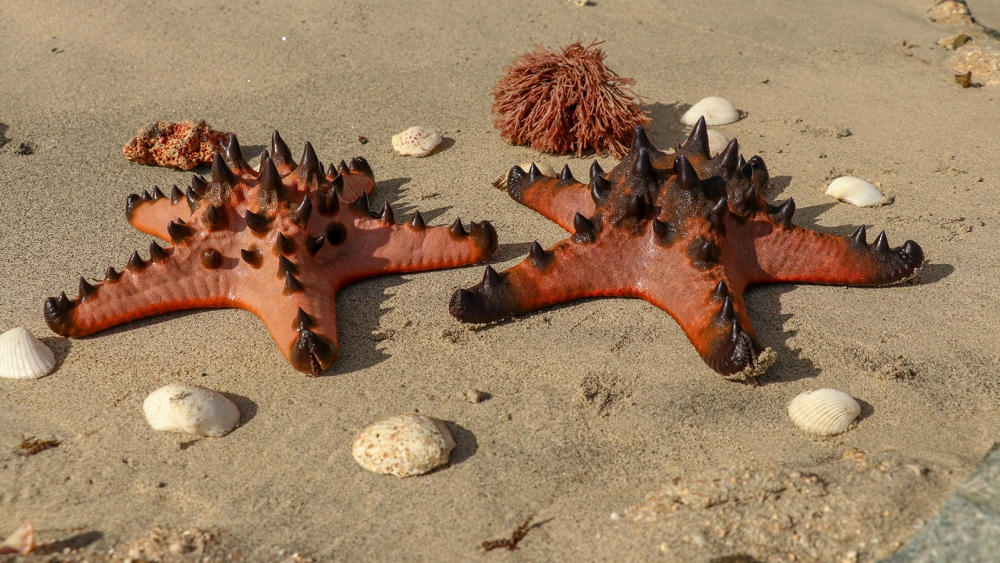Sam Jarman
Sam Jarman is a communicator of all things physics, from black holes to nature-inspired technology. He is also a regular contributor for online magazines including Physics World, Scientia, and Research Outreach.

People who have a regional accent might prefer robots who speak like them over generic voices.
If there’s life lurking on the moons of Saturn and Jupiter, could our instruments even detect it?
Smarter building materials can control indoor temperatures without external power.
The material is both stronger and lighter than those used to make conventional power plant turbines.
Recent research suggests that Earth’s magnetic field bounced back just as complex life was starting to emerge on our planet.
Despite the fact that both species shared a similarly large neocortex, scientists still have many questions about how closely the function of their brains resembled our own.
Research shows how temperature can be used to manipulate circadian rhythms.
A “bio-battery” made from genetically engineered bacteria could store excess renewable energy and release it as needed.
Crystallization is an entirely random process, so scientists have developed clever ways to investigate it at a molecular level.
Popular media often frame scientists as having a cold, sterile view of the world. That couldn’t be further from the truth.
The researchers consumed a lot of wine while watching 15 seasons of the show.
Small spiders use their silk threads to passively fly, a process called ballooning. Learning how could help atmospheric scientists.
Russia has spent years exploring the viability of building a self-contained internet. It could soon become reality.
The knobby starfish skeleton has diamond-like properties and could inspire new designs for lightweight, highly resilient ceramics, with widespread applications in engineering and construction.
A new method of extracting rare-earth elements could put us on the track toward a circular economy.














